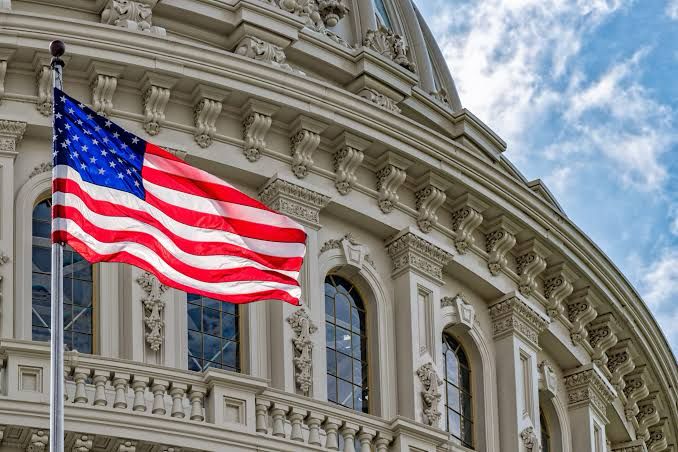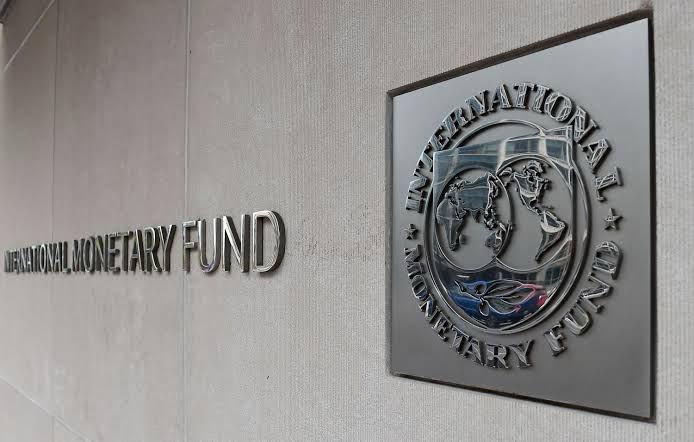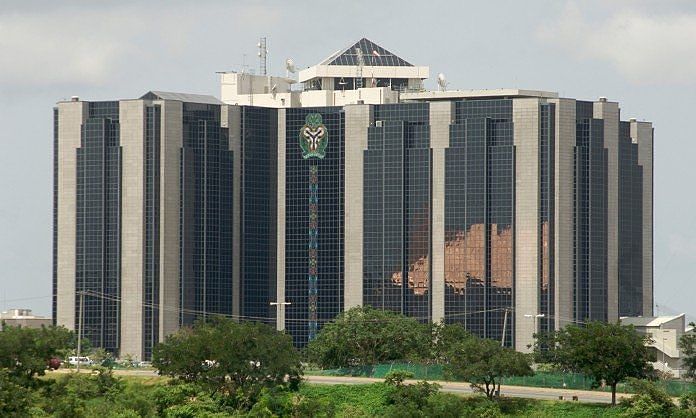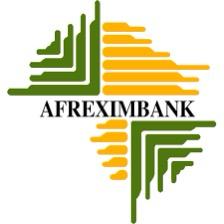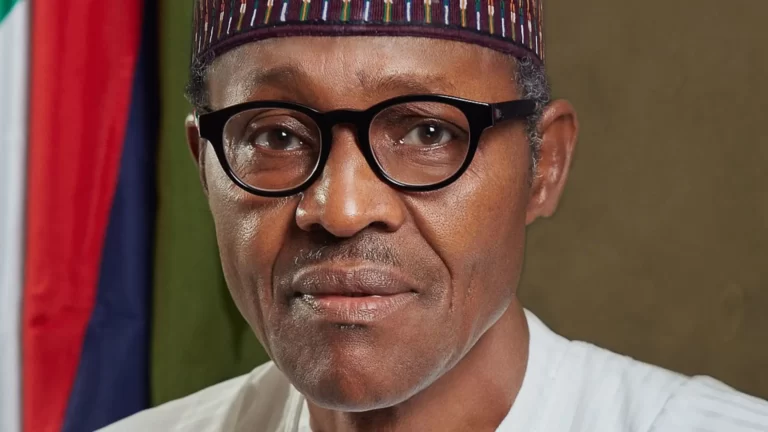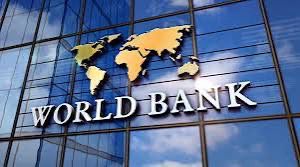The United States of America has approved a $32.5 million aid package for Nigeria to help address a deepening hunger crisis, according to a statement from the U.S. Mission in Nigeria. This funding is a significant policy shift, coming months after the U.S. had suspended most aid through the U.S. Agency for International Development (USAID).
The aid is intended to provide food and nutritional support to over 764,000 people in the conflict-affected regions of northeastern and northwestern Nigeria.
41,569 pregnant and breastfeeding women and girls, as well as 43,235 children, will specifically get “complementary nutrition top-ups” distributed through electronic food vouchers.
The funds will be channeled through the World Food Programme (WFP), which had previously suspended food assistance in parts of West and Central Africa due to funding cuts from the U.S. and other international donors.
Northern Nigeria is facing an “unprecedented hunger crisis” driven by ongoing insecurity and displacement by armed terrorists and bandits. Reports from July indicated that more than 1.3 million people could be left without food, and 150 nutrition clinics in Borno state faced closure due to a lack of funding.
The WFP had projected that food stocks in many affected countries would run out around September, leaving millions of vulnerable people without emergency aid.

The situation has been exacerbated by an increase in terrorist attacks in the northwest and north-central regions, and also clashes between farmers and herders over land and water have intensified.
Additionally, the ongoing insurgency in the northeast has displaced over 2 million people and resulted in the deaths of approximately 35,000 civilians.
The new U.S. aid is seen as a crucial intervention to help mitigate this humanitarian crisis and provide essential support to those most in need.



